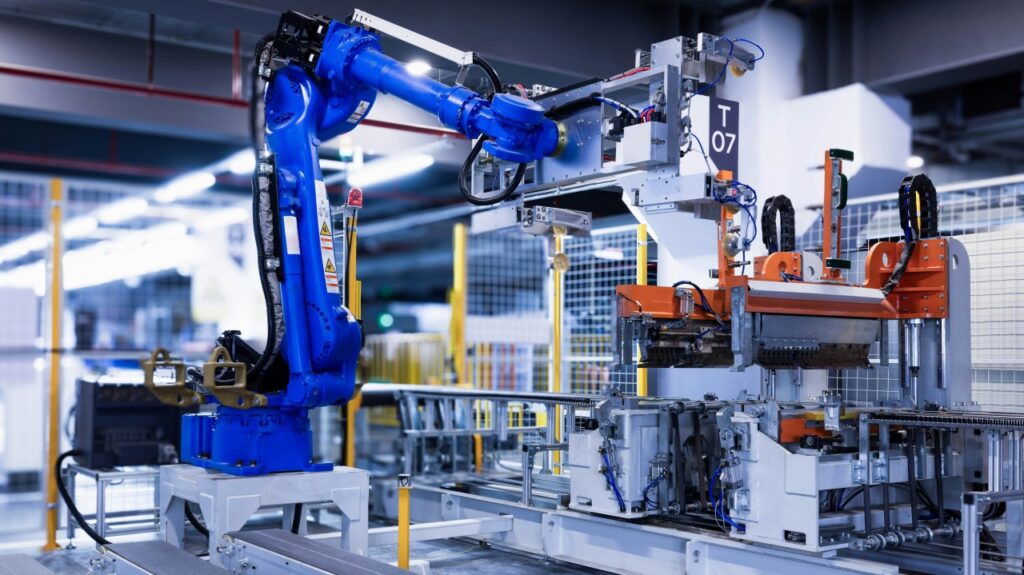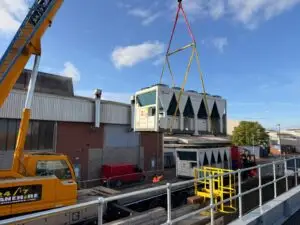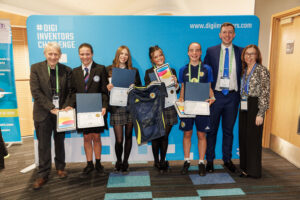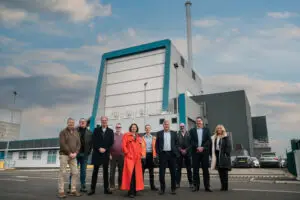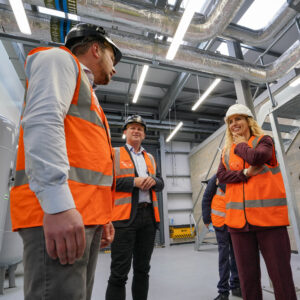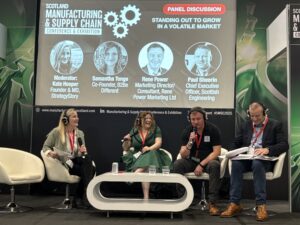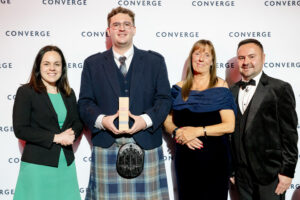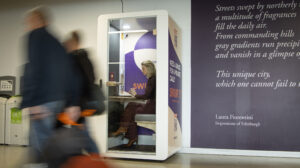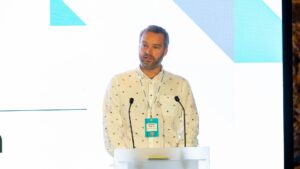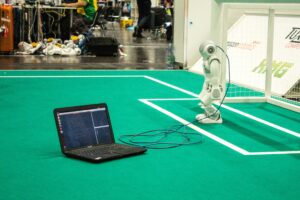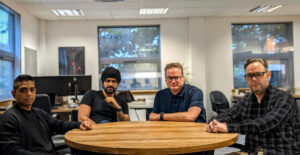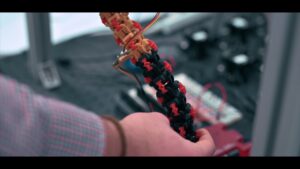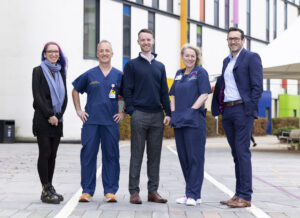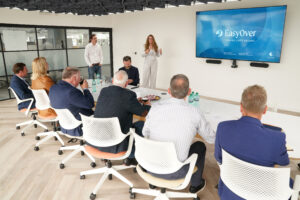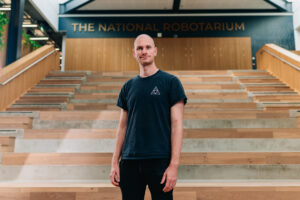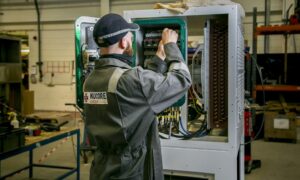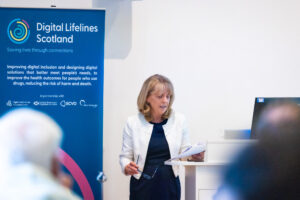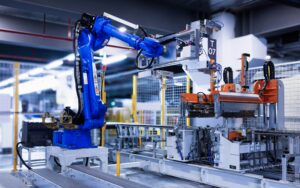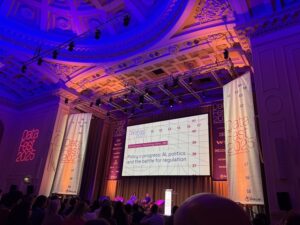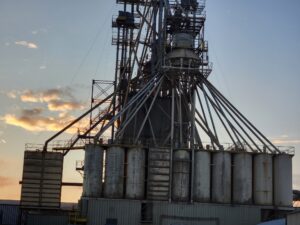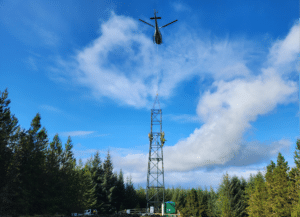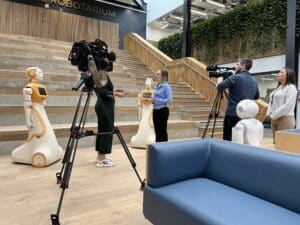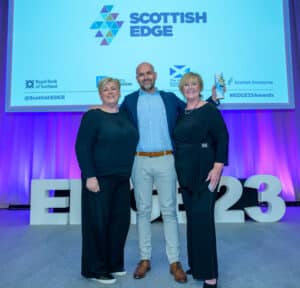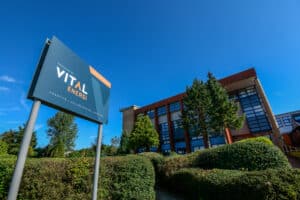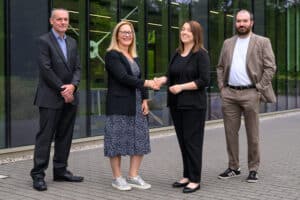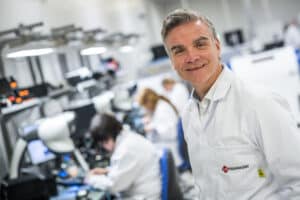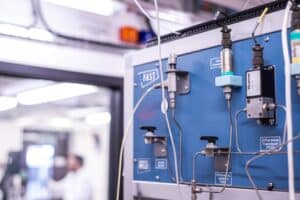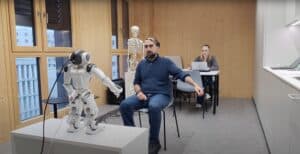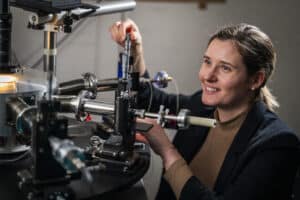In a couple of weeks time, robotics developers from across the UK will be gathering in Edinburgh for ROSCon UK 2025 – the annual conference for the Robot Operating System community. While they’ll be deep in technical discussions about navigation algorithms and sensor fusion, they’re also sitting on something the UK economy desperately needs – practical expertise in making robots actually work in the real world.
The timing is interesting. Just months after ROS 1’s official end-of-life in May – a pioneering, universal Robot Operating System that many existing robots still use – the government has committed £4.3 billion to advanced manufacturing, including £40 million for new Robotics Adoption Hubs. The challenge will be ensuring this investment translates into practical deployment success.
The ROS community knows that successful robotics isn’t about having the shiniest hardware. It’s about solving the messy integration challenges that make or break industrial projects. Developers have spent years figuring out how to make different vendors’ equipment talk to each other, how to build systems that won’t break when requirements change, and how to migrate from legacy systems without shutting down production lines.
The ongoing shift from ROS 1 to ROS 2 – a newer, industrial-grade Robot Operating System – is a prime example. This isn’t just a software upgrade; it’s a fundamental architectural change that is introducing real-time capabilities, built-in security, and support for multi-robot coordination. The developers who are navigating this transition understand what industrial robotics actually require, which is exactly what the UK’s manufacturers need but often can’t articulate.
The economic reality is stark. The UK ranks 24th globally in automation levels, with roughly 74% of manufacturing SMEs still operating without robots. The UK’s challenge isn’t just necessarily about buying more robots – it’s about developing the expertise to deploy them effectively.
This is where the ROS community becomes invaluable. They bridge the gap between academic research and factory floors, understanding both cutting-edge possibilities and practical constraints. They know that modularity and interoperability aren’t just technical buzzwords – they’re essential for the kind of flexible automation that helps smaller manufacturers compete globally.
The government’s investment in Robotics Adoption Hubs will only succeed if it taps into this existing expertise. You can’t create robotics adoption centres from scratch – you need people who’ve already solved these problems, who understand the common pitfalls, and who can speak both engineer and business manager.
What’s encouraging is that this expertise is distributed across the UK, embedded in universities and tech communities from Edinburgh to Bristol to London. As such, the regional focus of the government’s industrial strategy aligns well with where ROS expertise already exists.
The conversations happening at ROSCon UK 2025 matter because they’re not just technical – they’re about real-world deployment in challenging environments. Healthcare robots that need to work reliably in hospitals. Manufacturing systems that need to integrate with decades-old equipment. Offshore maintenance robots that can’t afford to fail.
These aren’t abstract research problems. They’re the practical challenges that will determine whether the UK’s robotics strategy creates real economic value or just produces expensive white elephants.
If the government is serious about making its £4.3 billion robotics investment work, it needs to start by listening to the people who’ve already solved these problems. The expertise exists – the question is whether policy makers will tap into it before competitors do.
Hot Tin Roof is proud to sponsor ROSCon UK 2025 at the University of Edinburgh, 15-17 September.

